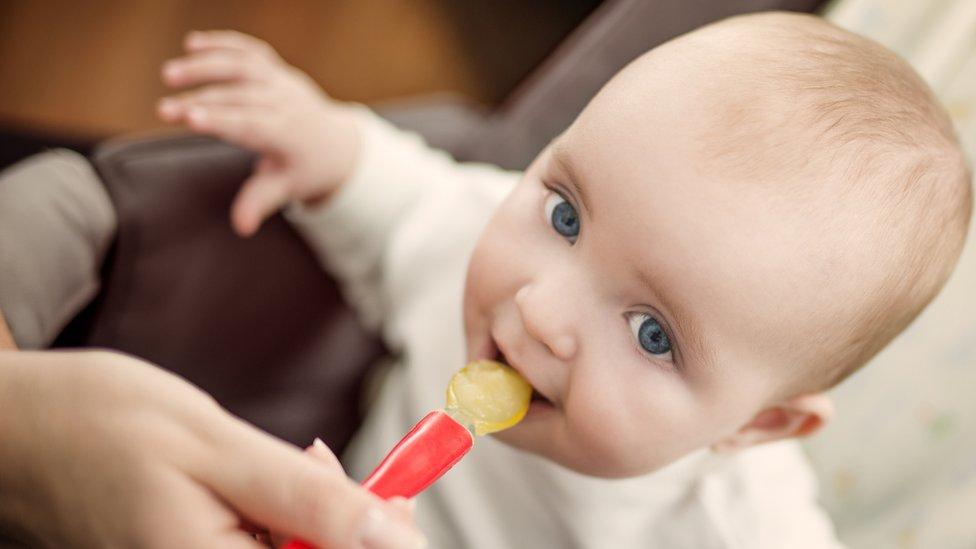Indulgent grandparents 'bad for children's health'
- Published
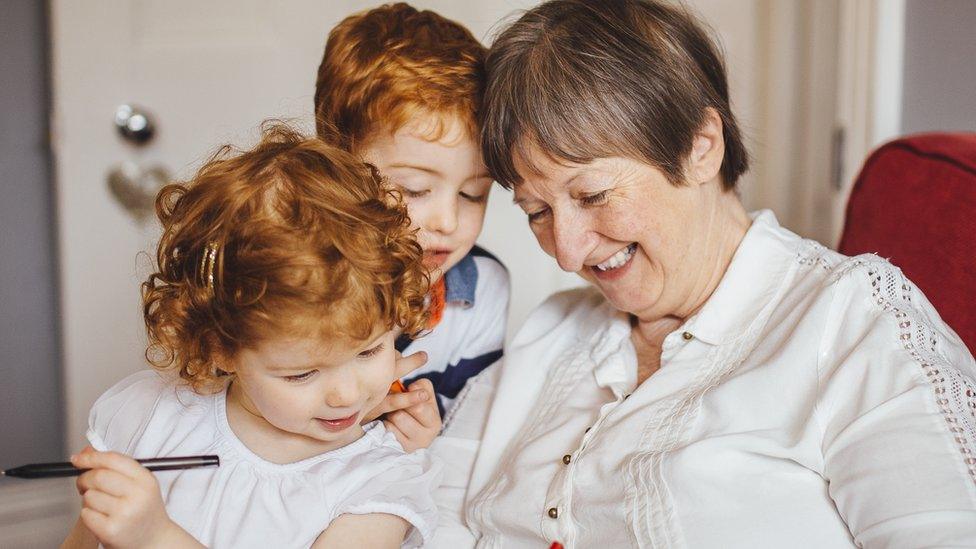
Indulgent grandparents may be having an adverse impact on their grandchildren's health, say researchers.
The University of Glasgow study, published in PLOS One journal, external, suggests grandparents are often inclined to treat and overfeed children.
The study also found some were smoking in front of their grandchildren and not giving them sufficient exercise.
But Maureen Lipman, a grandmother of two, said: "The grandparents' job is always definitely to indulge."
The researchers looked at 56 studies with data from 18 countries, including the UK, US, China and Japan.
The report focused on the potential influence of grandparents who were significant - but not primary - caregivers in a child's early years.
The review considered three key areas of influence:
diet and weight
physical activity
smoking

In terms of both diet and weight, the report concluded that grandparents' behaviour had an adverse effect.
Grandparents were characterised by parents as "indulgent" and "misinformed", and accused of using food as an emotional tool.
Many studies found they were inclined to feed grandchildren high-sugar or high-fat foods - often in the guise of a treat.
Parents felt unable to interfere because they were reliant on grandparents helping them out.
The study also found that grandchildren were perceived to be getting too little exercise while under the care of their grandparents.
Physical activity levels appeared to be related to whether grandparents were active themselves, or whether there was appropriate space where children could be active.
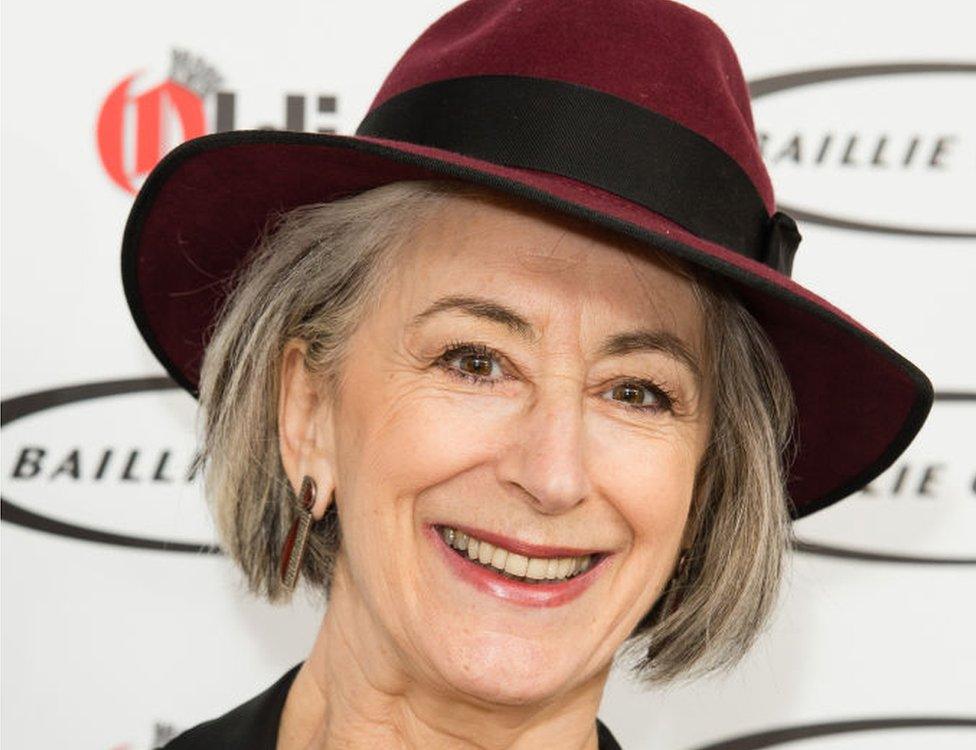
Maureen Lipman likes giving her grandchildren ice cream and jelly
But actress Maureen Lipman said there was a big difference between grandparents who looked after their grandchildren everyday compared to those who see them at the weekends.
"If you're seeing them once a week you're going to overindulge but if you work with them every day, you're going to treat them as your own children," she said.
She keeps turkey dinosaurs in the freezer for her grandchildren Ava and Sacha and likes giving them ice cream with jelly.
"I try with the vegetables and fail," she said. "You can't train other people's children."
"The grandparents' job is kind of to be in cahoots with the grandchildren against the parents."
She said being a mother could be "quite challenging", but being a grandmother was "just pure pleasure".
Ms Lipman said: "It's a walking miracle that you've brought something into the world that's brought something into the world."
She's also conscious of an "unspoken rivalry".
"There are two sets of grandparents - and you don't want to be the one that isn't giving them the nice piece of cake."
'Unintentional'
In the study, smoking around the children, even when they had been asked not to, became an area of conflict between grandparents and parents.
Conversely, in certain cases, the birth of a grandchild became a catalyst to a grandparent giving up smoking - or changing their habits.
Lead researcher Dr Stephanie Chambers said: "From the studies we looked at, it appears that parents often find it difficult to discuss the issues of passive smoking and over-treating grandchildren.
"While the results of this review are clear that behaviour such as exposure to smoking and regularly treating children increases cancer risks as children grow into adulthood, it is also clear from the evidence that these risks are unintentional.
"Given that many parents now rely on grandparents for care, the mixed messages about health that children might be getting is perhaps an important discussion that needs to be had."
'Healthy habits'
According to Grandparents Plus, grandparents are "the largest provider of informal childcare" in the UK and they need to be "better recognised and supported".
The charity's chief executive, Lucy Peake, said: "Grandparents want the best for their grandchildren, and the more they're informed and enabled to play a positive role in their grandchildren's lives the better things will be.
"We know that children benefit enormously from having close relationships with their grandparents right through childhood into adolescence.
"What this study shows is that the role they're playing in children's lives needs to be better recognised and supported.
"We'd like to see more focus on ensuring that information available to parents about children's health reaches grandparents too."
Prof Linda Bauld, from Cancer Research UK, which part-funded the study, said: "With both smoking and obesity being the two biggest preventable causes of cancer in the UK, it's important for the whole family to work together.
"If healthy habits begin early in life, it's much easier to continue them as an adult."
- Published7 November 2017
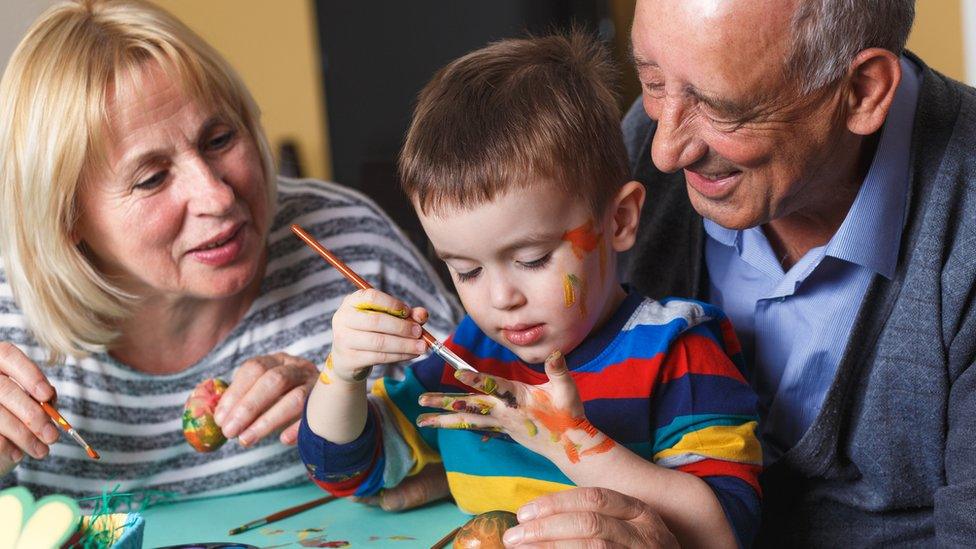
- Published20 October 2017
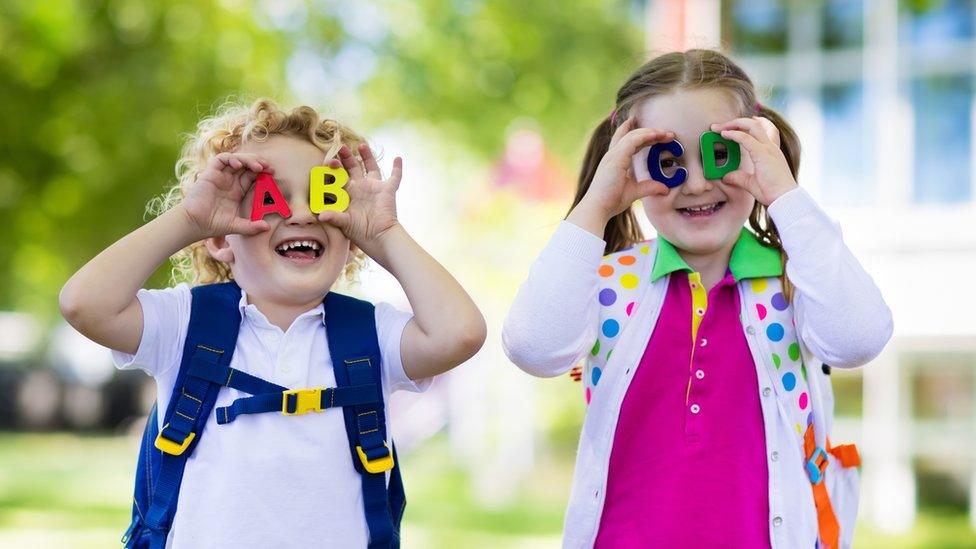
- Published29 August 2017
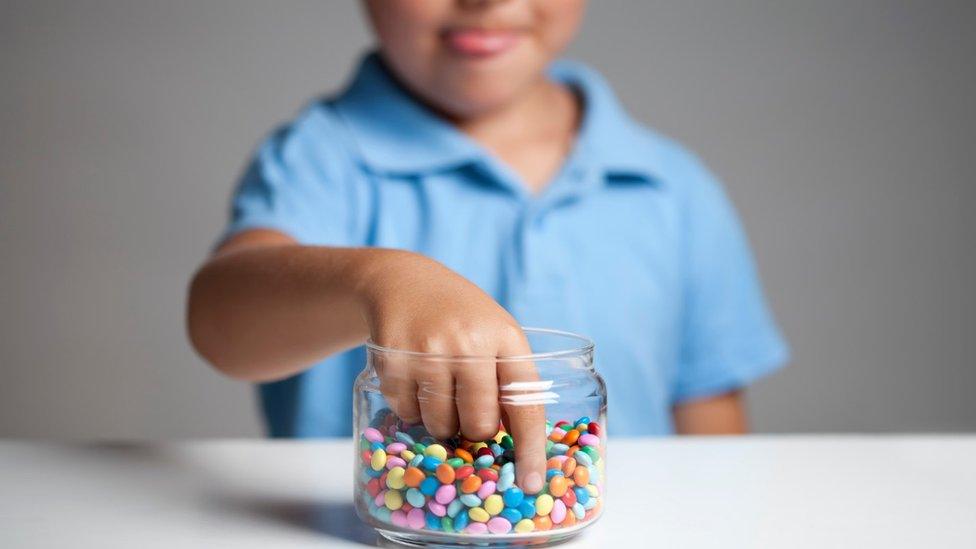
- Published4 June 2016
